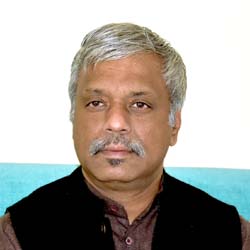As CCP celebrates its centenary, Mao’s hydraulic legacy lives on
An opinion piece by Dr. Uttam Sinha, Research Fellow, Manohar Parrikar IDSA, titled ‘As CCP celebrates its centenary, Mao’s hydraulic legacy lives on’ has been published in Hindustan Times on July 1 2021.
As it celebrates its centenary on July 1, the Chinese Communist Party (CCP) has put out a propaganda offensive, extolling socialist culture with nationalistic messages, writes Dr. Sinha.






